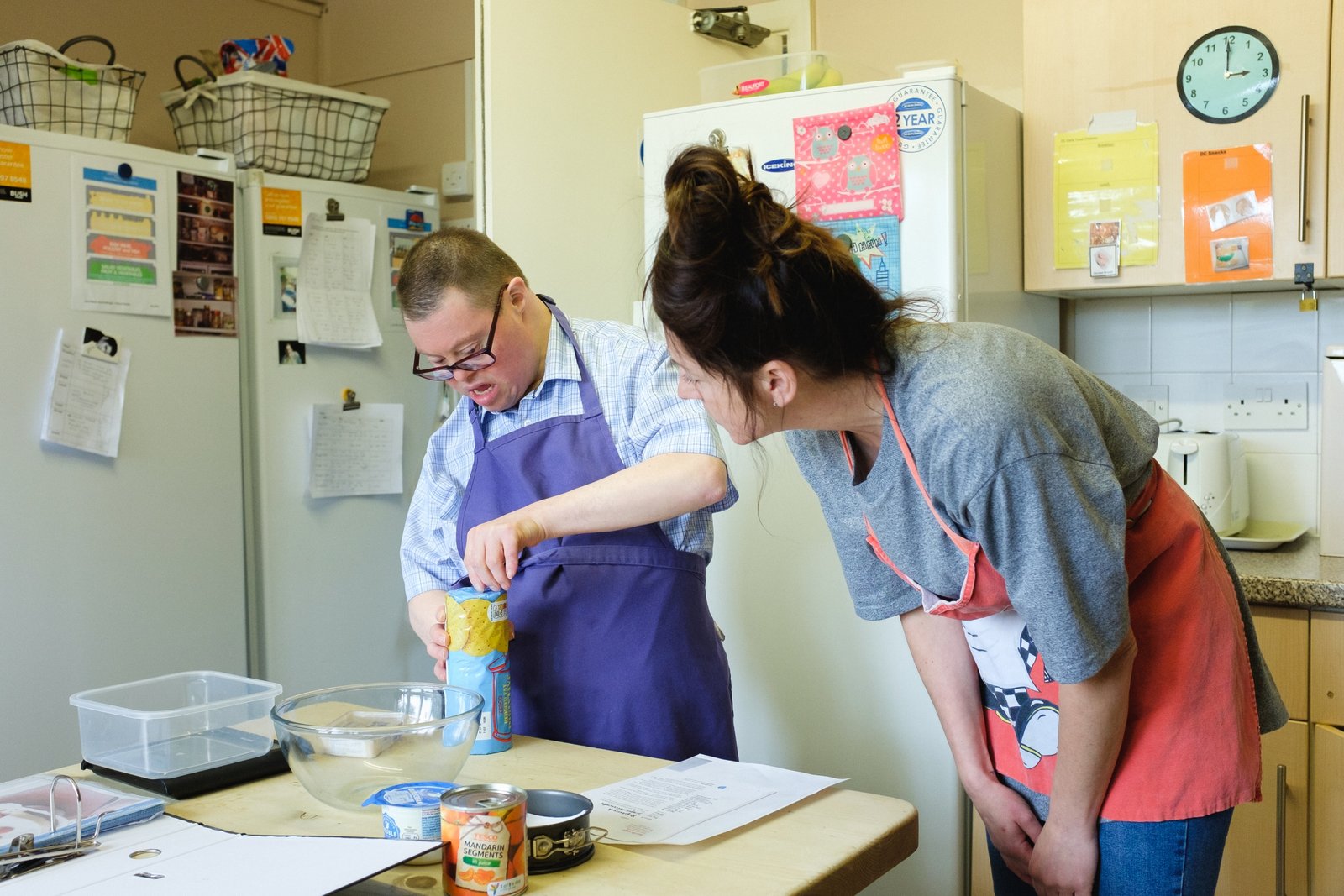Supported living is a concept that focuses on providing individuals with disabilities the necessary assistance and support to live independently within their communities. This approach emphasizes personal choice, empowerment, and integration, aiming to enhance the quality of life for individuals with disabilities. In this blog post, we will explore the numerous benefits that supported living offers to individuals with disabilities.
1. It promotes independence
Supported living aims to foster independence by providing individuals with the tools, skills, and support they need to take control of their lives. Through personalized assistance, individuals can learn essential life skills such as personal care, household management, budgeting, and transportation. They gain the confidence to make decisions and manage their day-to-day activities, empowering them to live more independently.
2. It results in enhanced quality of life
Supported living significantly improves the overall quality of life for individuals with disabilities. By living in a community setting rather than institutionalized care, individuals have the opportunity to make choices that align with their interests and preferences. They can explore their passions, engage in activities they enjoy, and cultivate meaningful relationships. This sense of fulfillment and self-determination contributes to a higher quality of life.
3. It leads to community integration
A key aspect of supported living is facilitating community integration. Individuals with disabilities are encouraged to actively participate in their local communities, breaking down barriers and promoting inclusion. They can attend community events, join clubs or organizations, and volunteer, fostering social connections and a sense of belonging. By being part of the broader community, individuals with disabilities have the opportunity to develop relationships, share experiences, and contribute to society.
4. It enhances individualized support
Supported living recognizes that each individual has unique needs and preferences. This approach provides individualized support plans tailored to meet those specific requirements. Support staff work closely with individuals to develop goals and strategies that enhance their independence and well-being. Whether it’s assistance with personal care, managing medications, or accessing community resources, the support is personalized and flexible, adapting to the changing needs of the individual.
5. It leads to improved health and well-being
Living in a supported environment positively impacts the health and well-being of individuals with disabilities. Access to healthcare services, medication management, and support in maintaining a healthy lifestyle contributes to better physical health outcomes. Additionally, the emotional and social support provided within supported living settings helps address mental health concerns and reduces feelings of isolation or loneliness.
6. It offers emotional and social support
Supported living recognizes the importance of emotional and social well-being. Individuals with disabilities often face unique challenges that can lead to feelings of isolation or low self-esteem. However, in a supported living environment, they have access to a network of support. Support staff, peers, and community members offer companionship, understanding, and encouragement. This emotional and social support network is crucial for fostering positive mental health, building self-confidence, and creating a sense of belonging.
7. It ensures continuity of care
Supported living ensures continuous care and support throughout an individual’s life. Unlike institutional settings where care may be limited to specific hours, supported living provides ongoing assistance. This continuity of care is essential for individuals with disabilities, as it provides stability and consistency in their support system. Individuals can rely on the support staff, who are familiar with their needs and preferences, fostering a sense of trust and security.
Conclusion
Supported living offers a comprehensive range of benefits that empower individuals with disabilities to live more independently and enrich their lives. By promoting independence, community integration, individualized support, and overall well-being, supported living plays a vital role in creating inclusive communities and enhancing the quality of life for individuals with disabilities.




